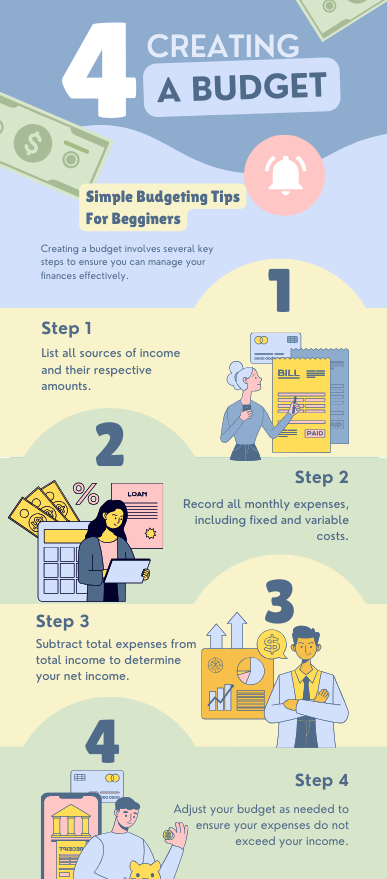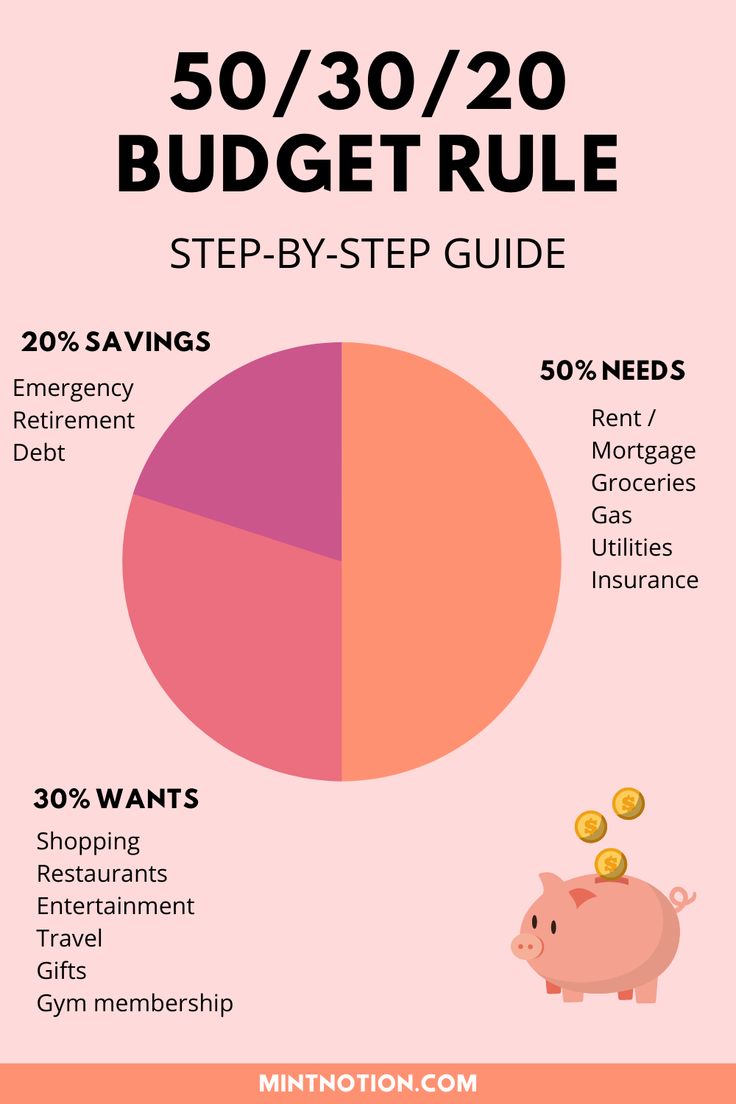Welcome to Teen Finance Journey! If you’re a teen or young adult looking to take control of your finances, you’re in the right place. Budgeting is one of the most crucial skills you can develop early on, setting the foundation for financial success and wealth building. In this guide, we’ll walk you through the essentials of budgeting, provide actionable tips, and help you master your money.
Why Budgeting Matters
Budgeting isn’t just about restricting your spending—it’s about understanding your financial picture and making informed decisions. Here’s why it’s important:
- Financial Awareness: Knowing where your money goes helps you make smarter choices.
- Goal Achievement: A budget helps you save for big goals like college, a car, or a startup.
- Stress Reduction: Being in control of your finances reduces anxiety and financial stress.
Step-by-Step Guide to Budgeting

Track Your Income and Expenses
Before you can create a budget, you need to know how much money you have coming in and going out. Track all sources of income (allowance, part-time jobs, gifts) and list your expenses (food, entertainment, savings).
Action Step: Use a budgeting app like Mint or a simple spreadsheet to record your income and expenses for a month.
Categorize Your Spending
Divide your expenses into categories such as necessities (food, transportation), discretionary spending (entertainment, hobbies), and savings. This helps you see where your money is going and where you might need to cut back.
Action Step: Create categories in your budgeting tool and assign each expense to one.
Set Financial Goals
What do you want to achieve with your money? Whether it’s saving for college, buying a car, or starting a business, having clear goals will motivate you to stick to your budget.
Action Step: Write down your short-term and long-term financial goals and the amount you need to save for each.
Create Your Budget
Now that you know your income, expenses, and goals, create a budget that allocates money to each category. Ensure you’re saving a portion of your income towards your goals.
Action Step: Use the 50/30/20 rule as a guideline—50% for necessities, 30% for discretionary spending, and 20% for savings.

Monitor and Adjust
A budget isn’t set in stone. Monitor your spending regularly and adjust your budget as needed. Life changes, and so should your budget.
Action Step: Review your budget monthly and make adjustments based on your spending patterns and financial goals.
Tips for Sticking to Your Budget
Automate Savings
Set up automatic transfers to your savings account. This way, saving becomes a priority and you’re less likely to spend that money impulsively.
Use Cash for Discretionary Spending
Consider using cash for categories like entertainment and dining out. When the cash is gone, you stop spending in that category for the month.
Find Free or Low-Cost Alternatives
Look for free or low-cost activities and resources. Libraries, community events, and online courses can provide entertainment and education without breaking the bank.
Stay Motivated
Keep your financial goals in mind to stay motivated. Visualize the benefits of achieving those goals and how good it will feel to reach them.
Common Budgeting Mistakes to Avoid

Underestimating Expenses
Be realistic about your spending. It’s better to overestimate and have money left over than to underestimate and come up short.
Not Adjusting Your Budget
Life circumstances change. Don’t be afraid to adjust your budget to reflect new income levels, expenses, or financial goals.
Ignoring Small Expenses
Small expenses can add up quickly. Keep track of all your spending, no matter how small, to avoid budget leaks.
Start Your Journey to Financial Independence
Budgeting is a powerful tool that can help you take control of your finances and build wealth. By starting early, you set yourself up for long-term success. Remember, the goal of budgeting is not to restrict you but to empower you to make smart financial decisions.
What budgeting strategies work best for you? Share your tips and experiences in the comments below! And don’t forget to subscribe to our newsletter for more insights and tips on personal finance, wealth building, and achieving success.


thank you for your useful tips
thanks a lots for your support
Pingback: The Ultimate Guide to Building Multiple Income Streams - Teen Finance Journey
Pingback: Boost Your Wealth: Proven Investment Strategies for Financial Growth - Teen Finance Journey
Pingback: The Ultimate Guide to Investing - Teen Finance Journey